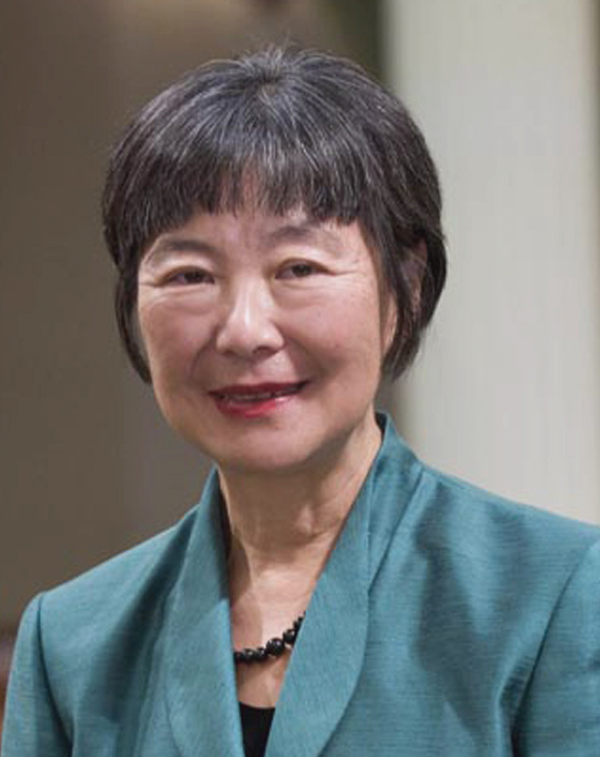 Legislation Would Close Loophole From Parcel Tax Election
Legislation Would Close Loophole From Parcel Tax Election
Assemblymember Mariko Yamada, who represents Davis and much of Yolo County, has now introduced legislation addressing an issue that arose during Davis’s Measure C election in March.
AB 1626, which passed out of the Assembly Elections & Redistricting committee Tuesday on a strong bipartisan vote, gives a county elections official authority to seek a writ of mandate to amend or delete errors or omissions in election materials in special district and school district elections. The elections official already has this authority in state, county and city elections.
Back in January, County Clerk Freddie Oakley believed ballot arguments submitted against the Parcel Tax by two opponents were false and misleading.
In the case of Davis’s Measure C, Yolo County Clerk Freddie Oakley believed the argument submitted for inclusion in the sample ballot contained incorrect and misleading information about all-mail ballot elections.
However since the law did not allow her to contest the false statements, former Yolo County Clerk Tony Bernhard, a resident of the school district, was asked to intervene and file a writ of mandate with the Yolo County Courts to remove portions of the argument.
The court ultimately struck portions of the argument proven incorrect.
“The law doesn’t permit me to sue myself,” the County Clerk told the Vanguard in January. “In a school board election I can’t. In a county election I can ask for a writ of mandate against arguments that are false and misleading. But only in county elections – the law is not consistent.”
Freddie Oakley said at the time that she planned to meet with Assemblymember Mariko Yamada and request for her to sponsor legislation that would make these laws consistent.
“The allowance for the timely action of those Elections Officials who are most aware of the content will save the counties and districts the cost of reprinting materials as errors are discovered later,” said Yolo County Clerk/Recorder Freddie Oakley. “I thank Assemblymember Yamada for her leadership in establishing an equal standard to contest ballot arguments at all levels of elections.”
The County Clerk would not have the authority to determine whether the language was false and misleading, only the ability to directly challenge questionable language in the courts.
According to the bill analysis: “This bill would also authorize the elections official to seek the above-described writ of mandate or injunction in the context of a district or school district election.”
The bill amends two critical portions of Section 9380 of the Elections Code.
Under subsection (b)(1) it would read: “During the 10-calendar-day public examination period provided by this section, any voter of the jurisdiction in which the election is being held, or the elections official, himself or herself, may seek a writ of mandate or an injunction requiring any material to be amended or deleted. The writ of mandate or injunction request shall be filed no later than the end of the 10-calendar-day public examination period.”
And under (3) it would add: “The elections official shall be named as respondent and the person or official who authored the material in question shall be named as real parties in interest. In the case of the elections official bringing the mandamus or injunctive action, the board of supervisors of the county shall be named as the respondent and the person or official who authored the material in question shall be named as the real party in interest.“
Simply put, the first change allows the elections official, himself or herself to challenge during the 10-calendar-day public examination period and the second change would name the Board of Supervisors as the respondent if the elections official challenges.
In the matter that happened earlier this year, the elections officer was not required to respond to the matter, and Mr. Granda and Mr. Randall were listed as the respondents in this matter.
The same changes would occur under Section 9509 of the elections code, as well.
There are nearly 1,000 special districts and affiliate organizations throughout the state which provide millions of Californians with core local services such as water, recreation and park, wastewater, fire protection and more. There are over 1,000 public school districts in California serving the needs of millions of California’s K-12 students. Both may hold local district elections for issues ranging from water rates to parcel tax measures.
AB 1626 will go to the Assembly Floor in the coming weeks for a vote of the entire house.
If you recall, Mr. Randall and Mr. Granda maintained their discredited arguments throughout the election campaign. Ultimately, the voters did not buy that the process was flawed and voted overwhelmingly to support Measure C.
—David M. Greenwald reporting
